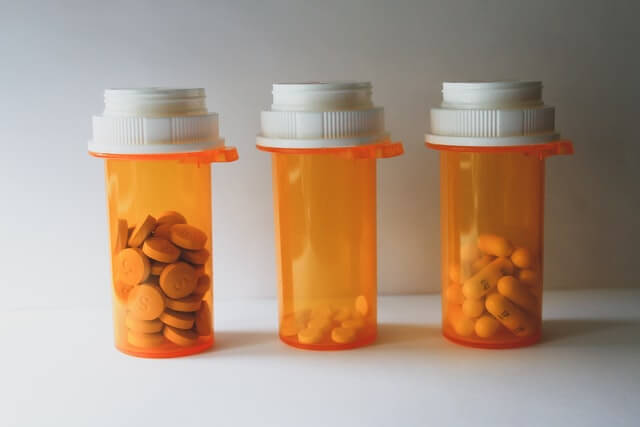In an effort to combat the opioid crisis, the United States Department of Health and Human Services has developed a five point Opioid Strategy, which it has named as one of its top priorities. The strategy involves better addiction prevention, treatment, and recovery services, better data, better pain management, better targeting of overdose reversing drugs, and better research.
Better Prevention, Treatment & Recovery Services
In 2017, HHS gave out over $800 million in grants in order to support access to opioid-related treatment, prevention, and recovery. Their goal was to make it easier for states to get waivers to cover treatment through their Medicaid programs. Some of these grants include $44.7 to first responders, $35 to expand the use of medication-assisted treatment, and $4.2 million to 34 rural health organizations. The department also published resources and media materials to raise awareness of both the epidemic and their efforts to prevent it from worsening.
Better Data
HHS is focused on the collection and reporting of public health data, including the CDC’s reporting of drug overdose data. The CDC releases information such as opioid overdoses treated in emergency rooms, monthly data on drug overdose deaths, and data on opioid prescribing.
Better Pain Management
HHS is promoting evidence-based methods of pain management, such as the NIH HEAL (Helping to End Addiction Long-term) Initiative, which deals with the development of new, effective, and non-addictive approaches. There is also a Pain Management Best Practices Inter-Agency Task Force, which determines whether there are gaps or inconsistencies in pain management practices among federal agencies and proposes recommendations on addressing those gaps or inconsistencies.
Better Availability of Overdose-Reversing Drugs
President Trump’s 2019 budget includes $74 million in new investments to support access to overdose-reversing drugs. In April 2018, the Surgeon General released an Advisory on Naloxone and Opioid Overdose that emphasized the importance of access to naloxone and recommended that it be carried by people taking prescription opioids, people taking illegal opioids like fentanyl or heroin, health care practitioners, family and friends of people with opioid use disorders, and members of the public who are likely to deal with people at risk for overdose.
Better Research
HHS is in support of research on pain and addiction that will help reduce the number of opioid prescriptions written. The NIH is nearly doubling funding for the HEAL Initiative from approximately $600 million in fiscal year 2016 to $1.1 billion in fiscal year 2018. The Agency for Healthcare Research and Quality is investing $12 million in grants over three years to determine how primary care practices and rural communities can best deliver medication assisted treatment. NIH also launched a new study of treatment options and ways to improve the care of infants with neonatal abstinence syndrome.
If you or a loved one need help with quitting drugs or alcohol, consider Asana Recovery. We offer medical detox, along with both residential and outpatient programs, and you’ll be supervised by a highly trained staff of medical professionals, counselors, and therapists. Call us any time at (949) 438-4504 to get started.



